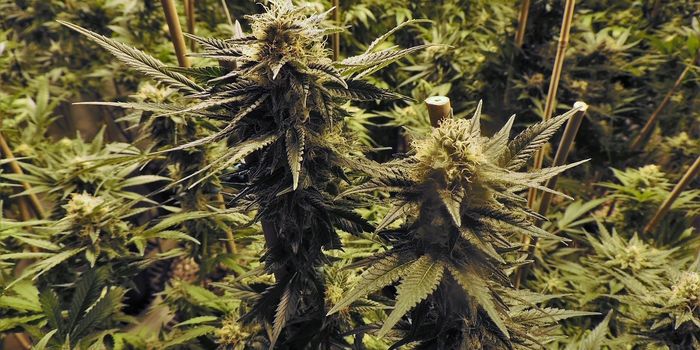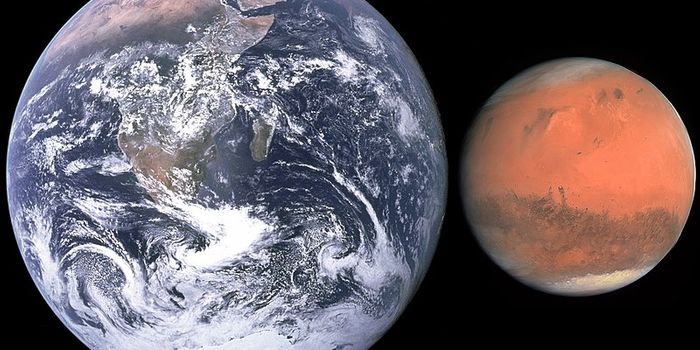Increasing Environmental Stressors Decrease Ecosystem Resilience
What influence do global environmental stressors have on the ability of an ecosystem to withstand these stresses and rebuild itself? This is what a recent study published in Nature Geoscience hopes to address as an international team of researchers investigated a correlation between environmental stressors and ecosystem resilience. This study comes as climate change continues to ravage the planet with more severe and frequent weather patterns, including increased temperatures and storms. This study holds the potential to help researchers, climate scientists, and the public better understand the short and long impacts of climate change on the environment and the steps that can be taken mitigate them.
“Terrestrial ecosystems are subject to a myriad of climate change and environmental degradation factors, including global warming, drought processes, atmospheric pollution, fires or overgrazing among many others. We know that these global change factors impact the ability of our ecosystems to provide services such as carbon sequestration or soil fertility that are key in the fight against climate change and in food production.” said Manuel Delgado Baquerizo, who leads the Biodiversity and Ecosystem Functioning Lab (BioFunLab) leader and is a co-author on the study.
For the study, the researchers conducted a global and elaborate study combining approximately 14,000 observations regarding ecosystems functions and biodiversity from a 15-year study with the goal of ascertaining an ecosystem’s ability to resist global environmental stressors, including those resulting from climate change. In the end, the team discovered a negative correlation between environmental stressors and an ecosystem’s resilience, meaning as these stressors increase the resilience of an ecosystem decreases. Additionally, they found the opposite regarding biodiversity, meaning its resilience increases to increasing global environmental stressors.
“Our research shows that as the number of global change factors to which we subject our ecosystems increases, these ecosystems become more and more sensitive and reduce their natural capacity to resist the impacts of environmental perturbations,” said Delgado Baquerizo.
As climate change continues to contribute to increased global temperatures, drought and more severe storms, better understanding how ecosystems respond to these changes will provide scientists with the tools to raise awareness about climate change throughout the world.
What new discoveries about environmental stressors and ecosystems will researchers make in the coming years and decades? Only time will tell, and this is why we science!
As always, keep doing science & keep looking up!
Sources: Nature Geoscience, EurekAlert!
Featured Image: Image of an open forest in New South Wales, Australia. (Credit: Manuel Delgado Baquerizo)








